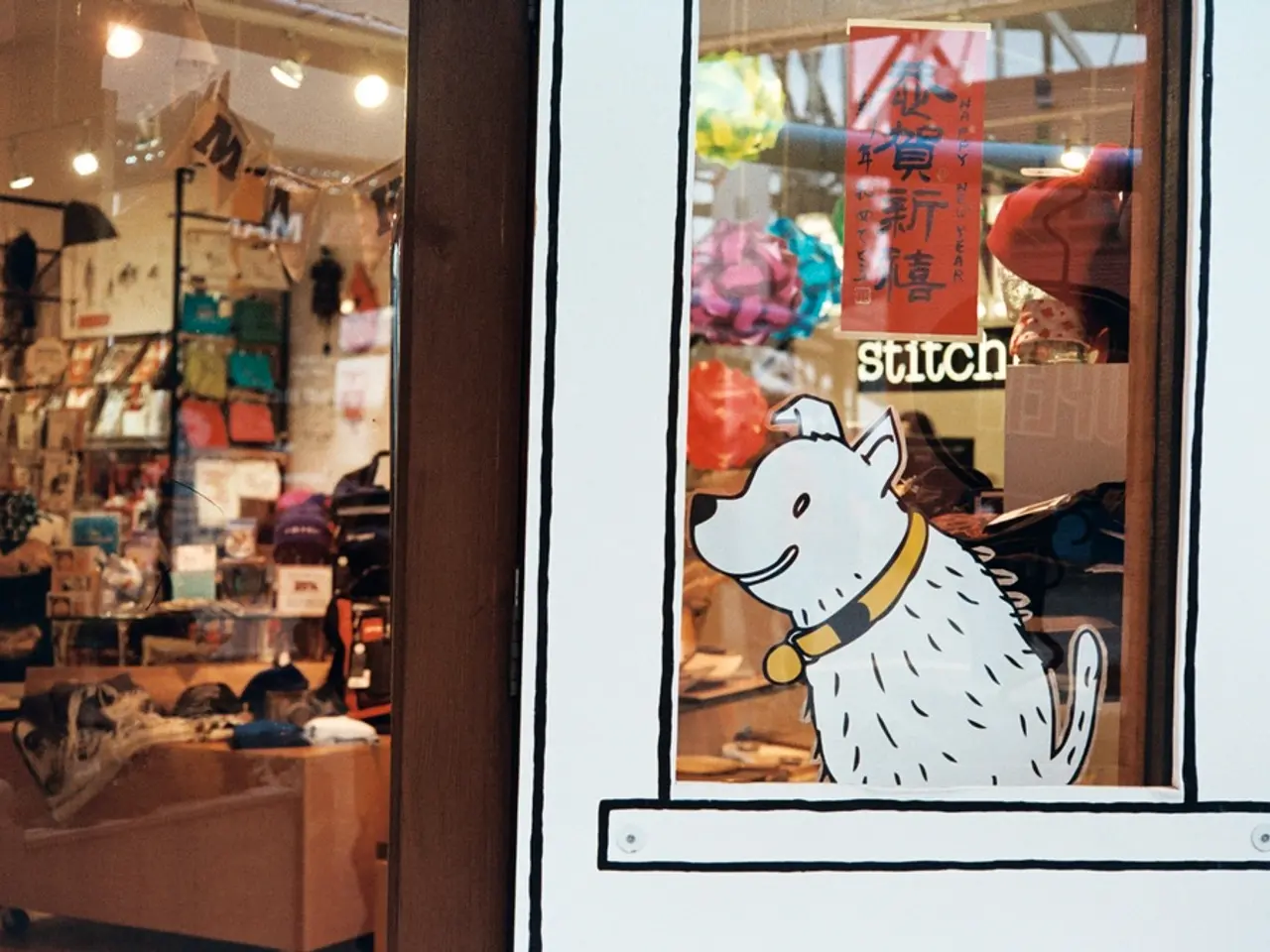Final point of communication for distraught pet owners
In the heart of Frankfurt, at the B-level of Hauptwache, an improvised animal clinic has become a beacon of hope for countless pets and their owners. This is the Social Animal Emergency Help association, a non-profit organisation that provides essential animal care services to those who cannot afford it.
Founded by veterinarian Maja Firle in 2008, the association has been a constant presence at the Hauptwache underpass, offering its monthly clinic for the needy since its inception. The demand for their services has grown significantly in recent years, driven by the economic situation, the corona crisis, and the Ukraine war.
One such owner seeking help is Fatma, a 57-year-old woman who is caring for her inflamed-eared dog, Pamuk. Fatma needs to go to a veterinary practice for treatment, which will cost at least 100 euros. Her financial constraints make it challenging for her to provide the necessary care for Pamuk. However, the Social Animal Emergency Help association steps in to help, covering two-thirds of the costs, making treatment more affordable.
Martin, a former homeless man with the dog Nobody, is another beneficiary of the association. Nobody, who is almost 14 years old and has accumulated various ailments, making treatment expensive. Martin credits the association for his ability to continue caring for his pet, despite his financial difficulties. Martin walks around the B-level of Hauptwache with flyers and a donation box, asking for donations to support the association's work.
The association relies heavily on voluntary work, with individuals like Martin contributing significantly. They also finance themselves exclusively through donations and membership fees. The costs for animal care services are around 80,000 to 90,000 euros annually, with costs rising.
The association's chairperson, Simone Glaser, expresses the gratitude of the affected as proof that the effort put into the association's work is worth it. "Many animals, including some that I have known since they were young, rely on our help for their health," she says.
While general knowledge suggests that organisations like the Social Animal Emergency Help association typically provide financial aid for pet care to low-income owners through covering veterinary costs, offering subsidies, partnering with local vets, and running fundraising campaigns, direct sources or official communications from the association would be necessary for a precise and authoritative answer regarding this specific association in Frankfurt.
Despite the challenges, the Social Animal Emergency Help association continues to provide invaluable support to pets and their owners in need, demonstrating the power of community and compassion.
The Social Animal Emergency Help association, in addition to offering essential animal care services, provides financial aid for pet care by covering veterinary costs and offering subsidies. Pets and their owners, like Fatma with her dog Pamuk and Martin with his dog Nobody, rely on this assistance to maintain their pets' health and wellness, even in the face of financial constraints.




